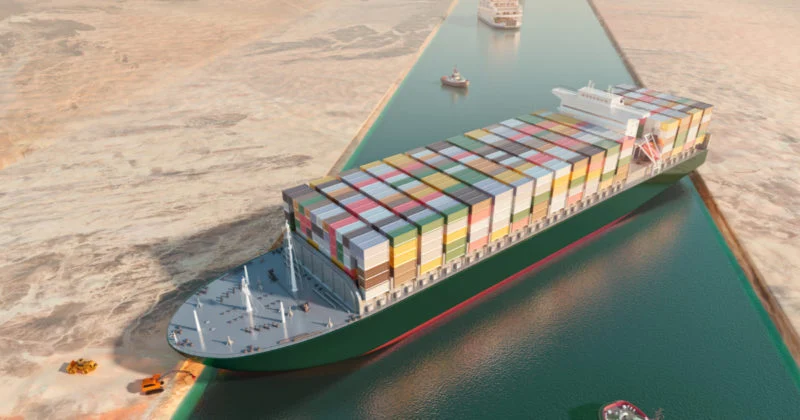When the Ever Given container ship became lodged in the Suez Canal in March 2021, it triggered a ripple effect across global logistics that few had anticipated. This single event halted nearly 12% of global trade for six days, highlighting the fragility of modern supply chains. Experts in international trade and maritime economics used the incident as a case study for over-dependence on narrow trade routes and just-in-time delivery systems.
For businesses and governments alike, the blockage was more than a temporary disruption—it exposed a vulnerability in the global economy. Logistics firms, particularly in Asia and Europe, suffered delays and revenue losses. Meanwhile, consumers experienced shortages in goods ranging from electronics to furniture. Policy analysts began calling for diversified trade routes and a reevaluation of global manufacturing hubs. The event served as a wake-up call for industries that had long operated on tight margins with minimal tolerance for delay.
Since then, maritime authorities and multinational corporations have started implementing risk mitigation strategies such as increased use of alternative shipping lanes and investment in regional manufacturing. The Suez Canal blockage has entered textbooks not only as a logistical failure but also as a pivotal moment that reshaped how nations think about global interdependence and crisis preparedness.





